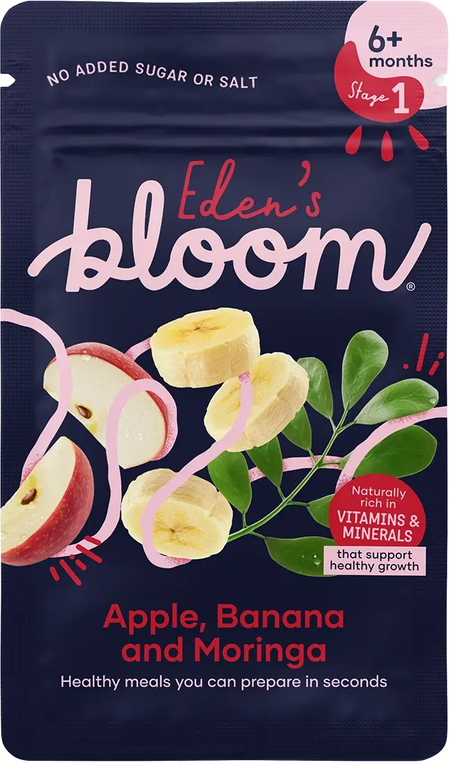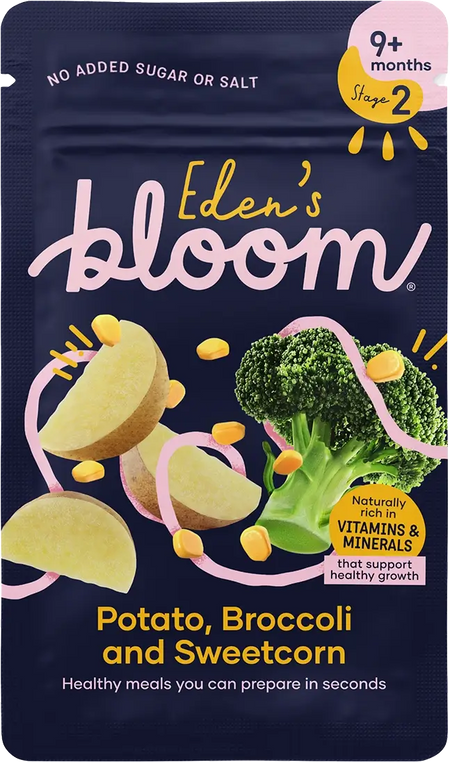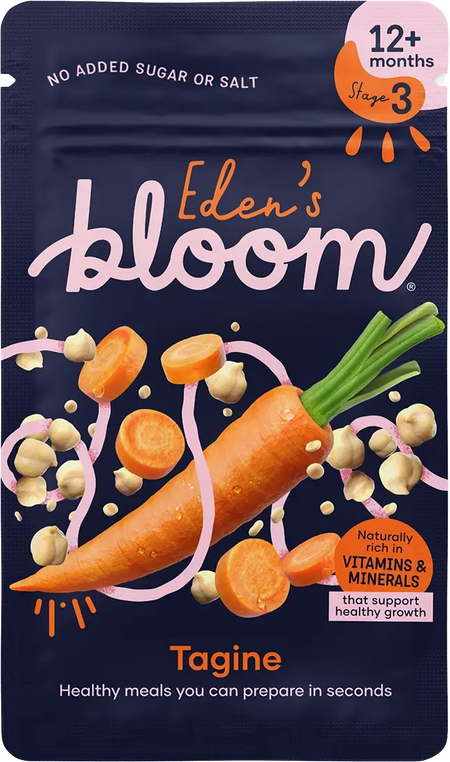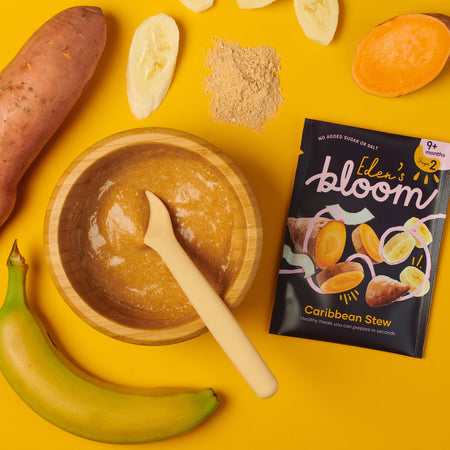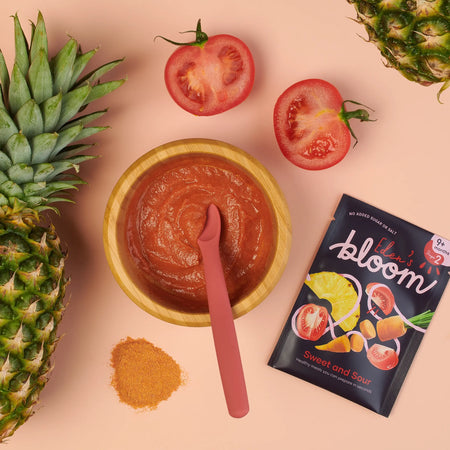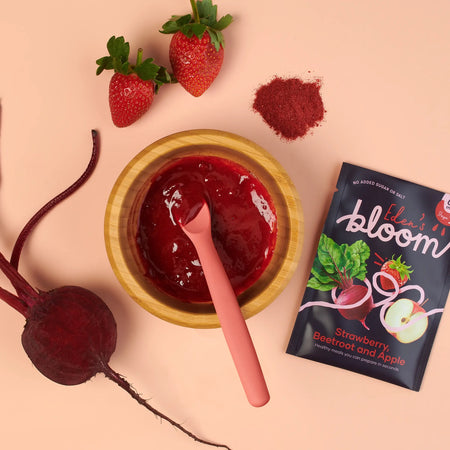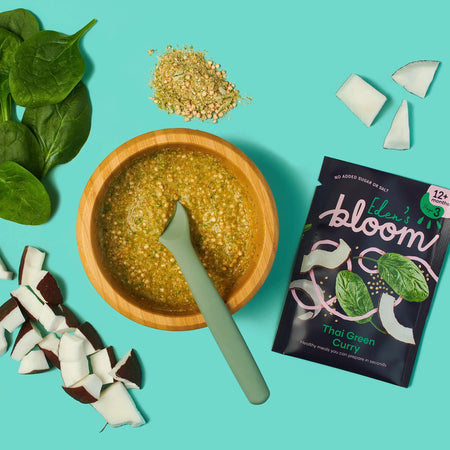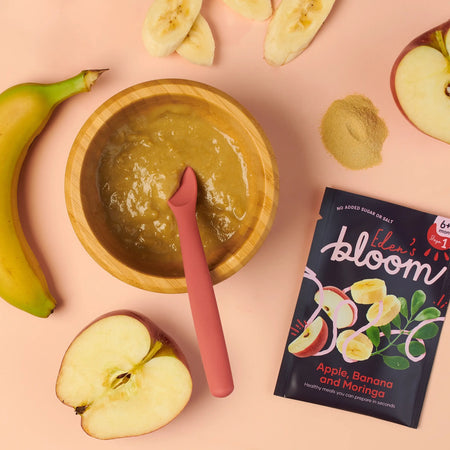
If your toddler is becoming a picky eater or frequently responds with “no” to various foods, don’t fret!
This behaviour is entirely normal for young children and is a natural part of their development. We’ve compiled a few tips and tricks to help you in fostering a healthy relationship with food for your toddler and making mealtimes a bit smoother!
Present rejected food without applying pressure. If your toddler constantly refuses to try them, encourage exploration outside of mealtime. Allowing them to engage all their senses—like squeezing, sniffing, and perhaps licking the food, to familiarise the food without the expectation to consume it. With repeated exposure, they might become brave enough to taste it the next time you offer them. For toddlers, it may take 15-20 attempts before they decide to try something new. So consider keeping a record each time they encounter a specific food.
You determine the menu and your toddler decides the quantity. Provide options your toddler enjoys, along with one or two items they may be less interested in.
Adopt a family serving style approach, allowing everyone to serve themselves. Keep in mind that no one is obligated to include food on their plate if they don't want to. Ask your toddler if they would like a portion of each dish and only serve what they want. The amount they eat is then at their discretion. By consistently offering a variety each week and setting a healthy eating example, you toddler will maintain a healthy balanced diet.
- Stimulate the senses!
Eating involves more than just the taste. We savour and appreciate food through all our senses, so encourage your child the taste, colour, shape, smell and texture of foods as they eat. Even consider the sound of the food made then chewed; does it have a loud crunch or a juicy squish?
Beyond mealtime, try to inspire your child to explore food using all the senses by involving them in cooking, shopping and storing food. Engaging in sensory food play can also make them more familiar with foods they might reject during mealtime. This not only contributes to establishing a healthier relationship with food in the long run but is also incredibly fun family time.
- Junior chefs in action
Young children enjoy being helpers, and even at a young age. They can contribute to simple tasks like placing vegetables in a pan or pot (with caution) or stirring a sauce into pasta. Letting them participate in food preparation may increase their interest in eating the meal!
Your toddler will be equipped with the tools for a positive attitude toward food and eating. Keep in mind that fussiness or food rejection isn't a reflection of their weaning process or your parenting style, it's a natural stage of development.
